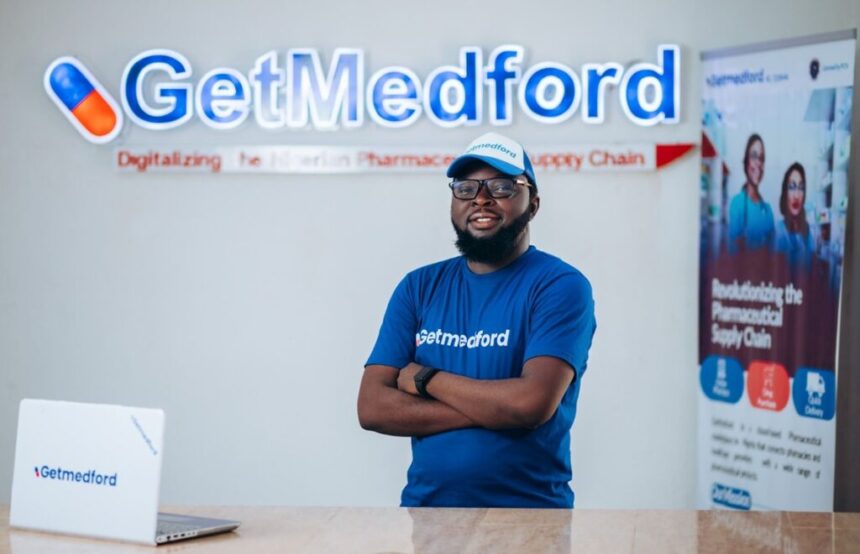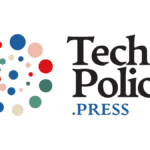In Nigeria, where counterfeit drugs and fragmented supply chains remain a public health challenge, a young health-tech startup is trying a different approach. GetMedford, founded in 2023 and based in Yola, is using technology to connect patients directly with verified pharmacies and clinics, aiming to make genuine medicines easier to access.
Counterfeit and substandard drugs have long been part of Nigeria’s healthcare struggle, often costing lives and eroding trust in pharmacies. For many patients, finding authentic medicine is not only about affordability but also about survival.
GetMedford’s platform seeks to reduce this uncertainty. By aggregating pharmacy inventories into a single digital marketplace, it allows patients to search, compare, and procure medicines that are verified and priced transparently. According to company data, the platform currently links more than 10,000 patients with over 500 pharmacies, all of which are pre-vetted for compliance.
How the Model Works
Unlike conventional pharmacy networks, GetMedford’s system integrates technology with human needs. Patients can access the platform through mobile and web channels, browse available medicines, and have them delivered or picked up at partner outlets.
One distinctive feature is its insurance partnership. Through collaboration with Leadway Assurance, GetMedford enables enrollees to directly fulfill prescriptions without shouldering full out-of-pocket costs. This feature has particular significance in northern Nigeria, where insurance penetration is low and healthcare affordability remains a pressing issue.
The company’s beneficiaries extend beyond patients. Local pharmacies gain a wider customer base and more efficient inventory management. Caregivers and clinics also benefit from a smoother distribution channel, while insurers have a direct pipeline to ensure their policyholders get the medications they need.
For the broader healthcare system, the model highlights how technology can patch gaps in access without requiring massive infrastructure projects.
Executives at GetMedford describe their mission as simple: making healthcare accessible and affordable. While the platform is still relatively small in scale compared with national needs, its model shows promise in areas often underserved by bigger players.
Still, challenges remain. Logistics, regulatory compliance, and trust-building are critical factors. Ensuring the authenticity of medicines in every transaction is not just a technical problem—it is a constant fight against counterfeit supply chains that adapt quickly.
Why it Matters
The future of GetMedford depends on whether its model can expand sustainably. Scaling beyond Yola and northern Nigeria would mean navigating more complex regulations and building new partnerships, potentially with state health agencies.
For now, its value lies not in disruption but in practical problem-solving. By quietly addressing the everyday anxieties of patients who just want genuine medicine, GetMedford reflects a broader shift: African health-tech is no longer about flashy apps or buzzwords—it is about building trust, one prescription at a time.
Talking Points
GetMedford’s entry into Nigeria’s drug supply chain is more than just a startup story—it’s a fight against a deeply entrenched counterfeit industry. Yet, let’s be honest: counterfeit drugs exist because regulators have failed for decades.
Shouldn’t we be asking why it takes a startup in Yola, not NAFDAC or the Ministry of Health, to ensure Nigerians get safe medicines?
Africans don’t just need more health-tech platforms; they need ones that build trust in broken systems. If GetMedford can convince patients that every pill they buy is genuine, it’s already doing what government hospitals often cannot.
The uncomfortable truth? In some communities, a startup’s algorithm may be more reliable than a government seal of approval.
The Leadway Assurance deal is smart because it ties healthcare affordability to existing insurance frameworks. But let’s not celebrate too quickly: less than 5% of Nigerians are insured. That means 95% of the population—those who most need protection—remain outside this safety net. Will GetMedford become a tool for the middle class while the poorest still suffer from fake drugs?





